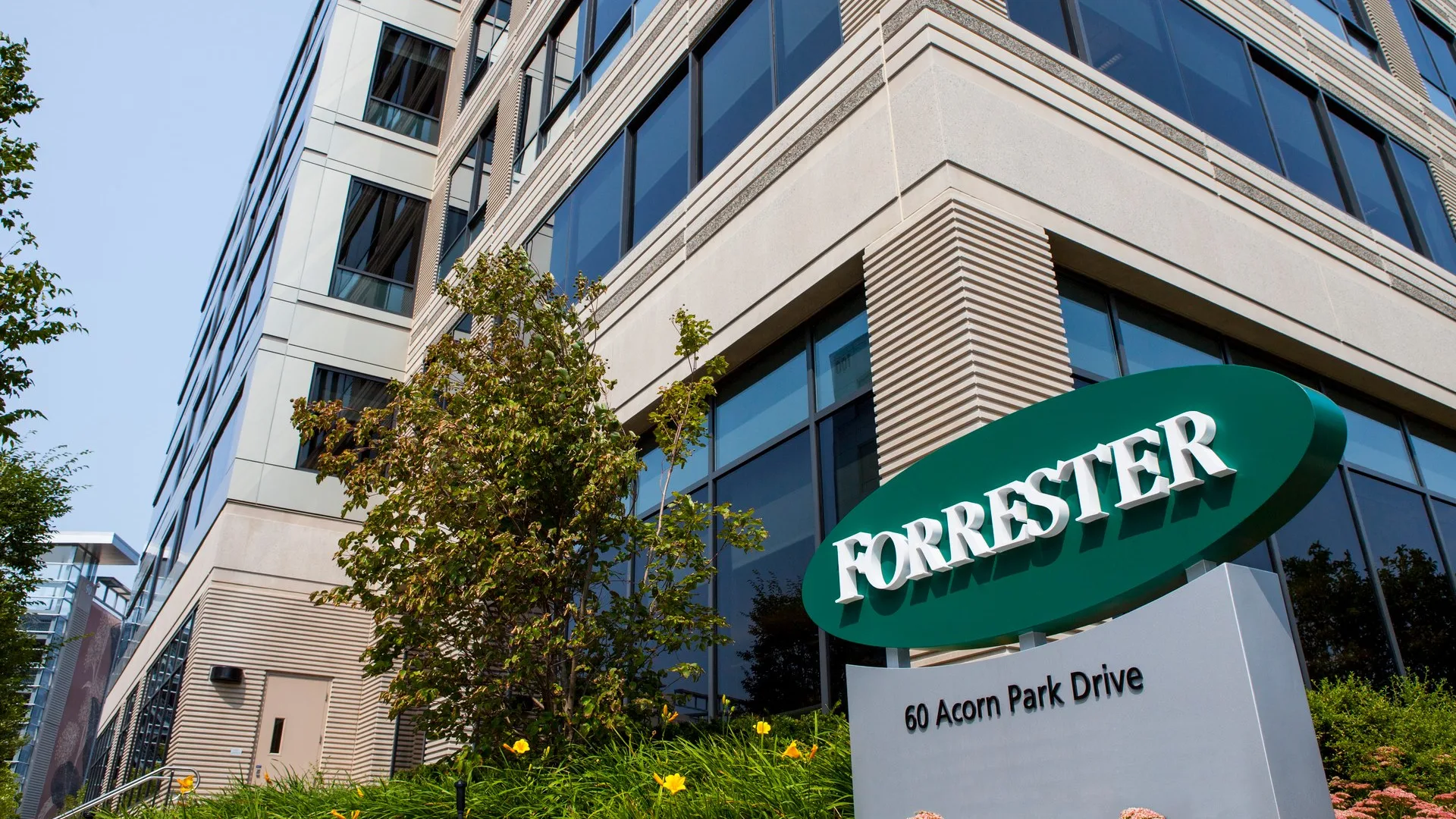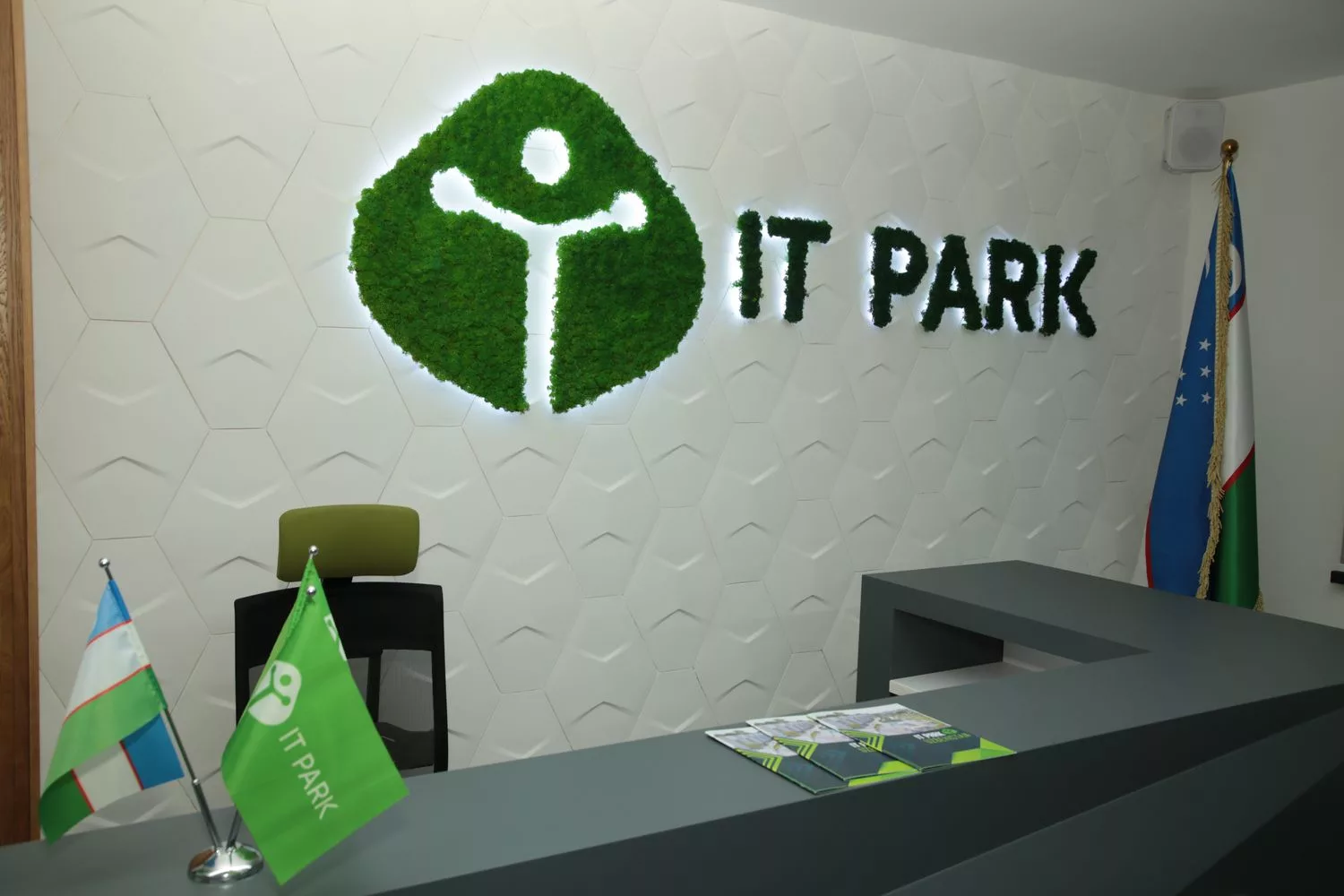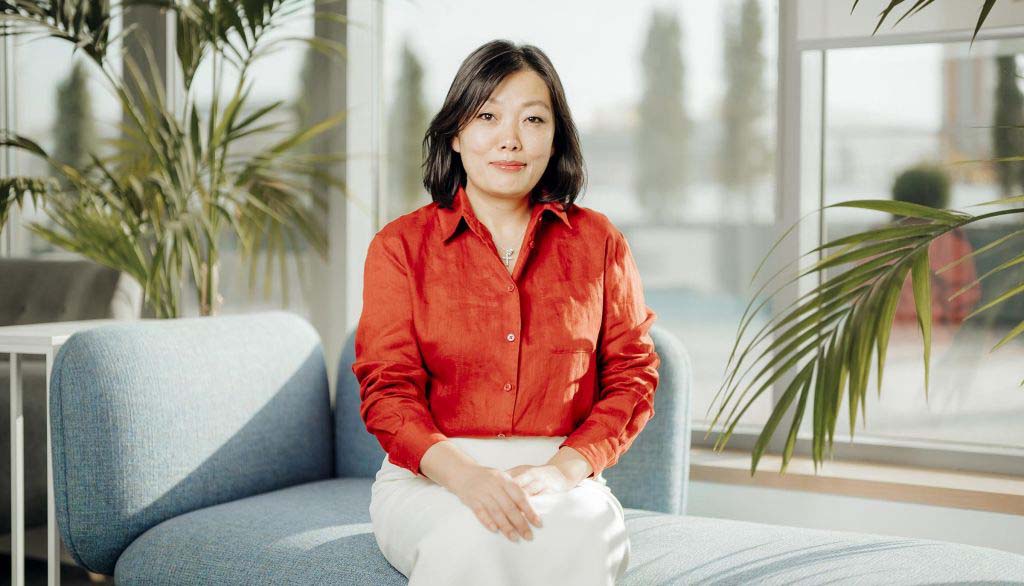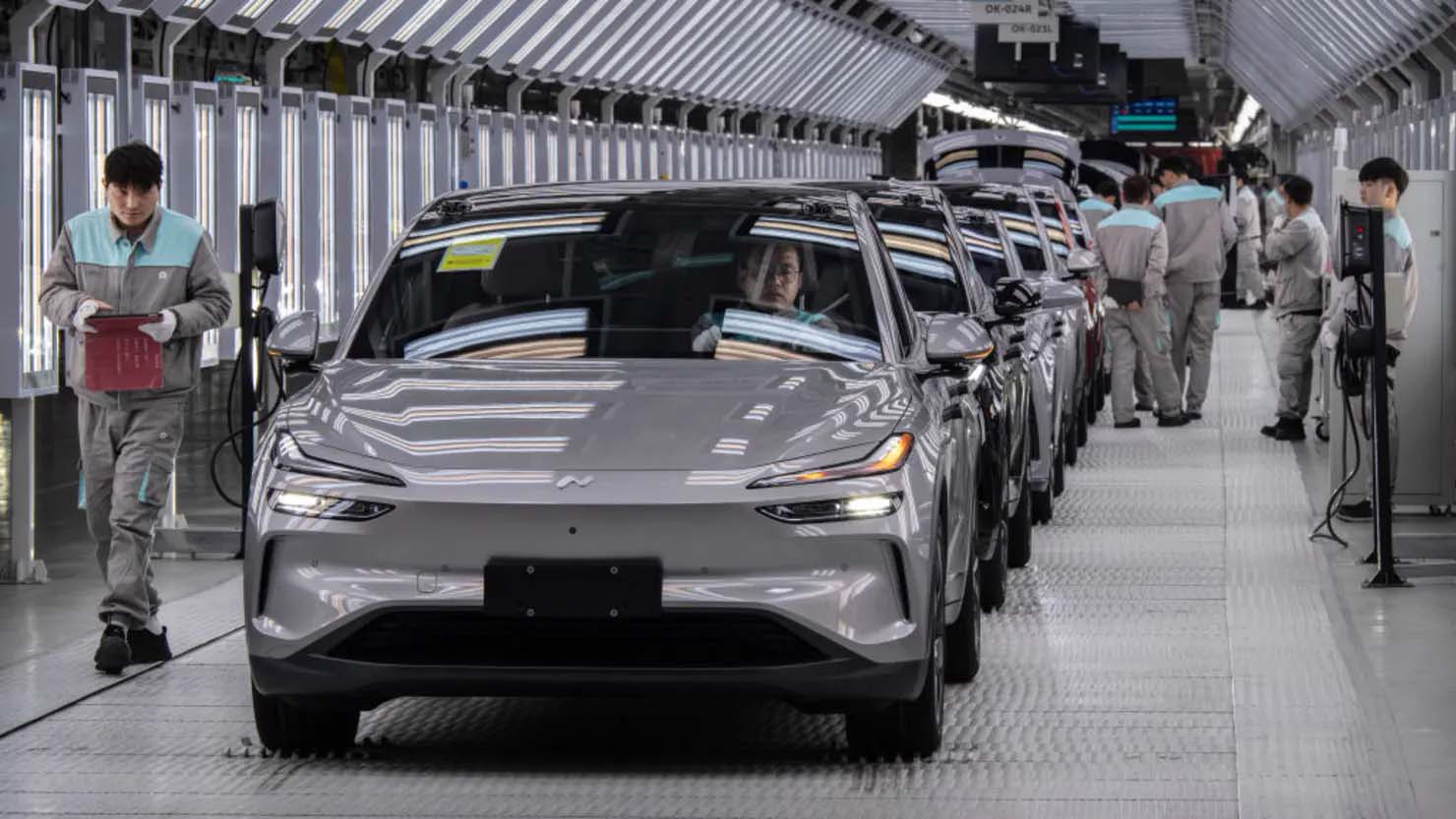Beijing Academy of Artificial Intelligence (BAAI) has introduced RoboBrain 2.0, a new version of its neural network platform for managing intelligent machines. The model has already been named one of the most significant achievements in the field of applied AI and robotics, and its effectiveness, according to the developers, has increased by 74% in accuracy and 17% in speed compared to the previous version.
According to BAAI CEO Wang Zhongyuan, RoboBrain 2.0 is the world's most powerful open AI model, specifically designed for robotics applications. Its key advantage is significantly improved spatial perception, which allows robots to estimate distances more accurately, recognize objects, and plan complex tasks more efficiently. The ability to break down actions into sequential steps opens up new opportunities for autonomous operation of machines in complex and non-standard conditions.
The model is part of the Wujie initiative, which also includes RoboOS 2.0, a cloud — based operating system for AI in robotics, and Emu3, a multi — modal neural network capable of simultaneously processing text, images, and video. These components form a single ecosystem focused on the scalable implementation of AI solutions in industry, medicine, logistics and other areas.
BAAI already cooperates with more than 20 leading companies and is actively looking for new technology partners. At the same time, other initiatives in the field of humanoid robotics are being implemented in China. So, the Beijing Humanoid Robot Innovation Center introduced a new Hui Si Kai Wu platform of embodied AI in 2025, and the Tien Kung robot, developed by a private company, became the first humanoid to run a half marathon in Beijing.
These initiatives highlight China's strategic goal of taking a leading position in the field of next-generation intelligent robotics. This year's BAAI conference was attended by over 100 international researchers and more than 200 industry experts. During the forum, the Academy also announced a strategic partnership with Hong Kong Investment Corporation, aimed at developing human resources, investment attractiveness and accelerating technological progress in the Chinese AI industry.
RoboBrain 2.0 is becoming not just a technological breakthrough, but a symbol of a new phase in the development of autonomous cars. China shows that artificial intelligence goes beyond algorithms and becomes the driving force of a new industrial revolution.













